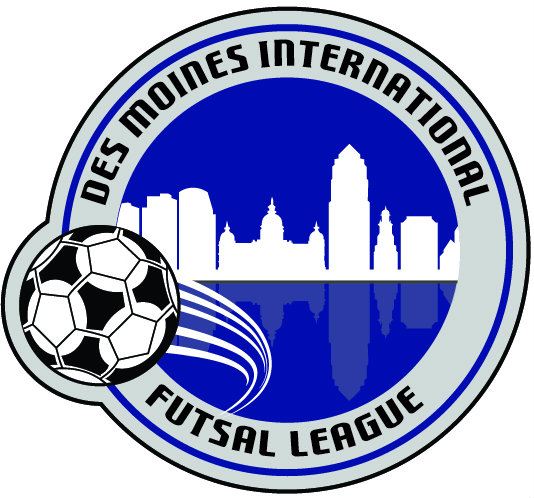The International Soccer League of Des Moines, Iowa, was incorporated in March of 2006, and is a non-for-profit organization dedicated to promoting the sport of soccer in our community. We are a group of individuals coming together so that we may, in an organized manner and in accordance to FIFA regulations, our organization’s internal rules and the resolutions assumed by the League’s General Assembly, realize two soccer tournaments between the months of April and October.
As an organization, we are affiliated with the United States Soccer Federation (USSF), the United States Amateur Soccer Association (USASA) and the Iowa Soccer Association (ISA), and are responsible for following and meeting all of their statutes, rules and requisites per their indication or as they demand.
We have an internal structure through which we manage the participation of all teams, either through their delegates or their individual members, so that we may work together towards the responsible development of diverse activities to realize the goals and objectives of our League.
We are not affiliated to any political or religious organization or group, and manage ourselves independently.
